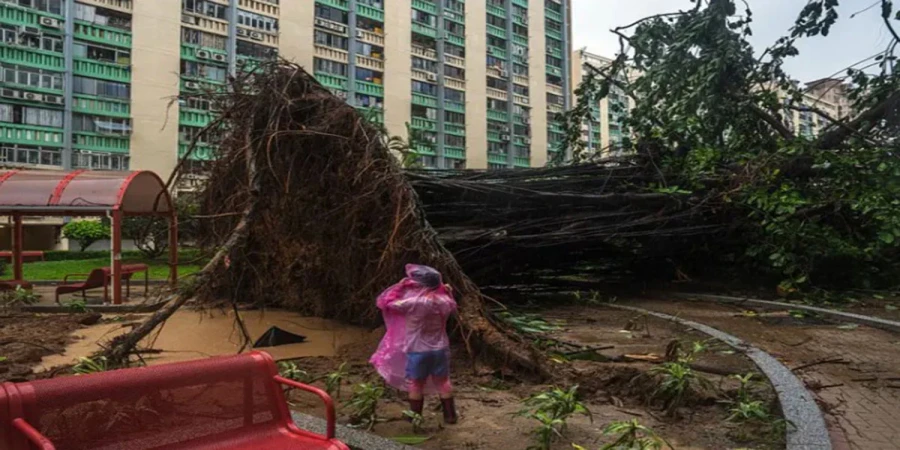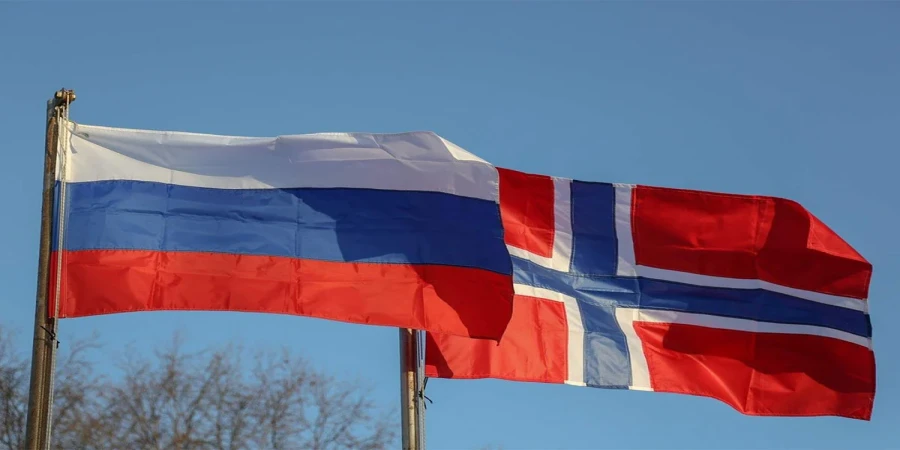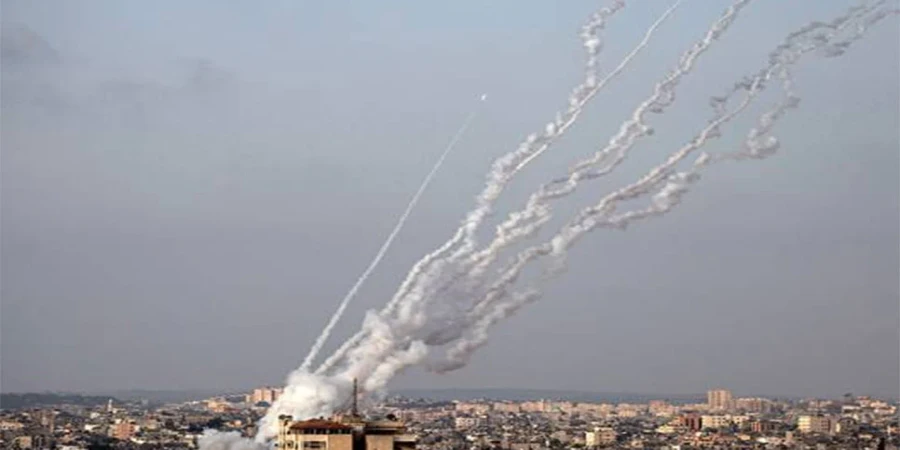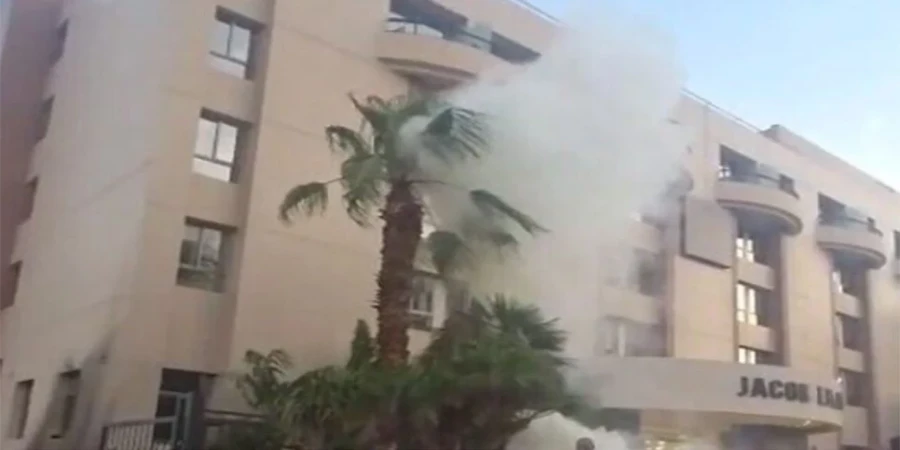
ছবি: -Collected Photo
Pakistan’s Supreme Court has granted bail to former Prime Minister and Pakistan Tehreek-e-Insaf (PTI) founder Imran Khan in eight separate cases related to attacks on military installations. The decision came on Thursday, when a three-member bench led by Chief Justice Yahya Afridi approved Khan’s bail plea.
Despite this relief, the former cricket star-turned-politician will not be released from prison. He remains incarcerated due to a 14-year sentence handed down in a corruption case involving the Toshakhana scandal. In addition, Khan has been arrested in connection with two other Toshakhana cases, and his lawyers are currently challenging the ruling in the £190 million corruption case before the Islamabad High Court.
The Supreme Court decision followed a rejection of Khan’s bail application by the Lahore High Court. After being denied bail there, Khan approached the apex court, where his legal team argued for his release in the eight pending cases. These cases, filed under anti-terrorism charges, stem from violent incidents that occurred on May 9, 2023, after Khan’s initial arrest sparked widespread protests and attacks on military facilities across Pakistan.
During the hearing, Special Prosecutor Zulfiqar Naqvi argued that Khan had personally ordered the events of May 9. He insisted that all eight cases are under trial in anti-terrorism courts, and noted that for nearly two years multiple courts had consistently rejected Khan’s bail petitions. Presenting the prosecution’s stance, Naqvi said that there were at least three witness testimonies on record linking Khan to the violent incidents.
However, the bench made it clear that the Supreme Court would not delve into the trial or the merits of the charges at this stage. Chief Justice Afridi stated that the Court’s concern was limited to the question of bail and whether sufficient evidence had been produced to deny Khan this relief. When pressed by the judges, the prosecution was unable to provide what the bench considered satisfactory evidence to justify continued pre-trial detention in these eight cases.
Khan’s lead lawyer, Salman Safdar, argued that the allegations lacked substance. He pointed out that in five of the eight cases Khan’s name did not even appear in the original First Information Reports (FIRs). Safdar maintained that the former Prime Minister had been unfairly implicated due to his political standing and had been consistently denied justice in the lower courts.
The Supreme Court ultimately sided with Khan’s defense, granting him bail in all eight cases. The decision was seen as a significant, though partial, legal victory for the PTI founder, who has been battling a series of charges since his removal from power in April 2022 following a parliamentary no-confidence vote.
Nonetheless, the bail does not immediately pave the way for Khan’s release. His conviction in the Toshakhana corruption case, where he was sentenced to 14 years, remains in force. The case revolves around allegations that Khan failed to properly declare and misused state gifts, an accusation he has strongly denied. In addition, ongoing proceedings in other Toshakhana-related cases continue to complicate his legal position.
Khan’s legal troubles have mounted steadily over the past two years, with dozens of cases filed against him, ranging from corruption to sedition. His party, PTI, claims these cases are politically motivated, designed to sideline him from electoral politics. The government, however, maintains that the charges reflect violations of the law and accountability measures that apply equally to all leaders.
The May 9 incidents remain one of the most sensitive episodes in recent Pakistani politics. Following Khan’s initial arrest last year, protests erupted across the country, many of which turned violent. Several military properties, including offices and residences, were targeted by angry crowds, leading to a nationwide crackdown on PTI leaders and workers. The military and government have since accused Khan of inciting the violence, a charge he has consistently denied.
Thursday’s ruling provides Khan with a measure of legal reprieve but also underscores the complexity of his ongoing legal battles. While the Supreme Court’s decision could bolster his political narrative of being unjustly persecuted, the corruption conviction ensures that he remains behind bars for the foreseeable future.
Political analysts suggest that the ruling may increase pressure on the government and judiciary to handle Khan’s cases with greater transparency, especially as public debate intensifies over the fairness of the judicial process. At the same time, the PTI leadership is likely to present the bail as evidence of cracks in the state’s case against their party chief.
For now, Imran Khan remains imprisoned, his future dependent on the outcome of appeals in the corruption cases and the progression of trials in the May 9 incidents. The legal developments come at a time of heightened political tension in Pakistan, with the PTI still facing restrictions and Khan’s political fate hanging in the balance.
repoter






